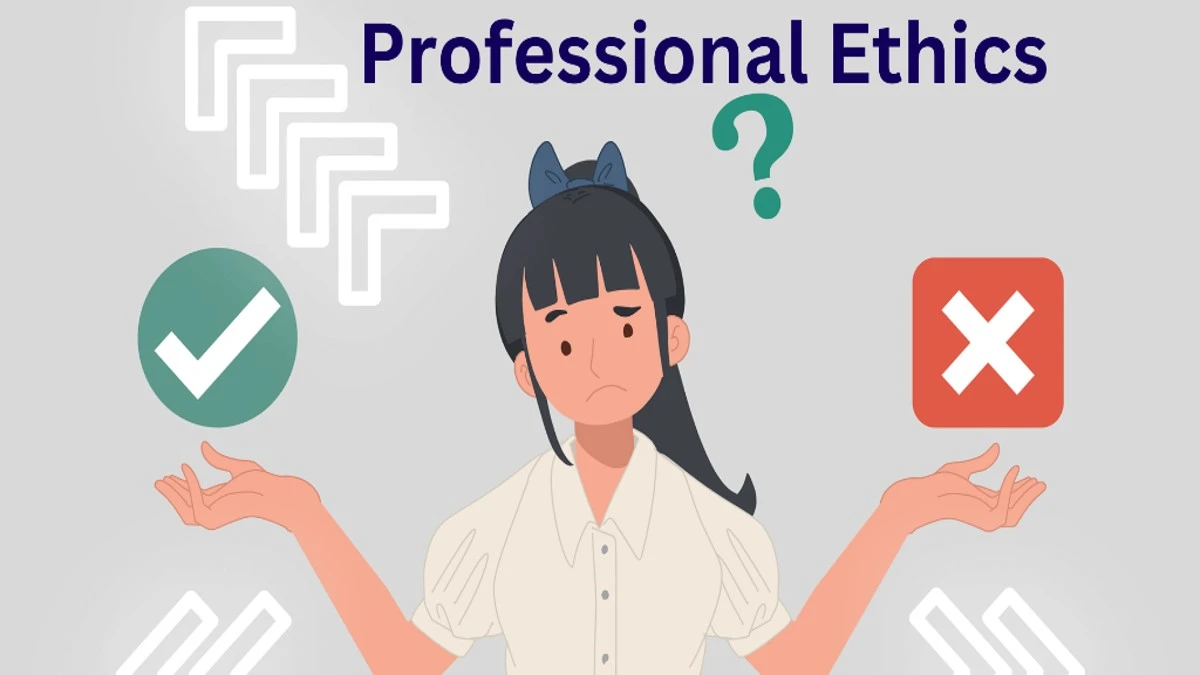The ethical standards and ideals that guide people’s and organizations’ conduct in the business environment are referred to as business ethics.Ethical conduct has become more important than ever in today’s highly competitive and dynamic business environment.
Business ethics are essential for the long-term sustainability of a business and maintaining the trust of stakeholders including customers, investors, employees and society as a whole. This article will discuss the importance of business ethics and how it can benefit organizations in the long run.
The most important reason why business ethics is essential is that it helps build trust and credibility with stakeholders. When a company behaves ethically, it is more likely to be perceived as trustworthy and reputable.
This can help attract customers and investors, who will be more willing to do business with a company they trust. In addition, ethical behavior can help create a positive brand image, which can have a significant impact on a company’s reputation and profitability.
In addition, professional ethics also contribute to ensuring compliance with legal and regulatory requirements. Businesses are subject to various laws and regulations that govern their activities, such as environmental regulations, labor laws, and consumer protection laws.
By following ethical principles, companies can avoid legal violations and regulatory penalties, which can damage their reputation and financial health.
Business ethics can also help improve employee morale and motivation. When employees work for a company that operates with integrity and ethical standards, they take pride in their work and are committed to the organization’s mission.
This can increase employee engagement, productivity and job satisfaction.In addition, ethical behavior can help create a positive work culture, which can attract and retain top talent.
Additionally, business ethics can lead to long-term profitability and sustainability. When a business operates according to ethical standards, it is more likely to attract loyal customers and investors who are committed to its values and mission.
In addition, ethical behavior can help reduce risk and avoid potential legal and financial liabilities. This can result in a more stable and sustainable business model that can withstand economic downturns and industry disruptions.
On the other hand, unethical behavior can have serious consequences for companies. For example, unethical behavior can result in violations of the law, regulatory penalties, and damage to the company’s reputation.
This can lead to loss of customers, investors and employees, which can ultimately affect business results. In addition, unethical behavior can have a negative impact on the wider community, such as environmental degradation or labor exploitation.
Conclusion
After all, business ethics are essential for the sustainability and long-term success of a business. Ethical conduct helps build trust and credibility with stakeholders, ensures compliance with legal and regulatory requirements, improves employee morale and motivation, and drives long-term profitability and sustainability.
Conversely, unethical behavior can have serious consequences for businesses, including legal violations, regulatory penalties, reputational damage, and loss of customers, investors, and employees. As such, companies should prioritize ethical conduct and incorporate it into their corporate culture and decision-making processes.






